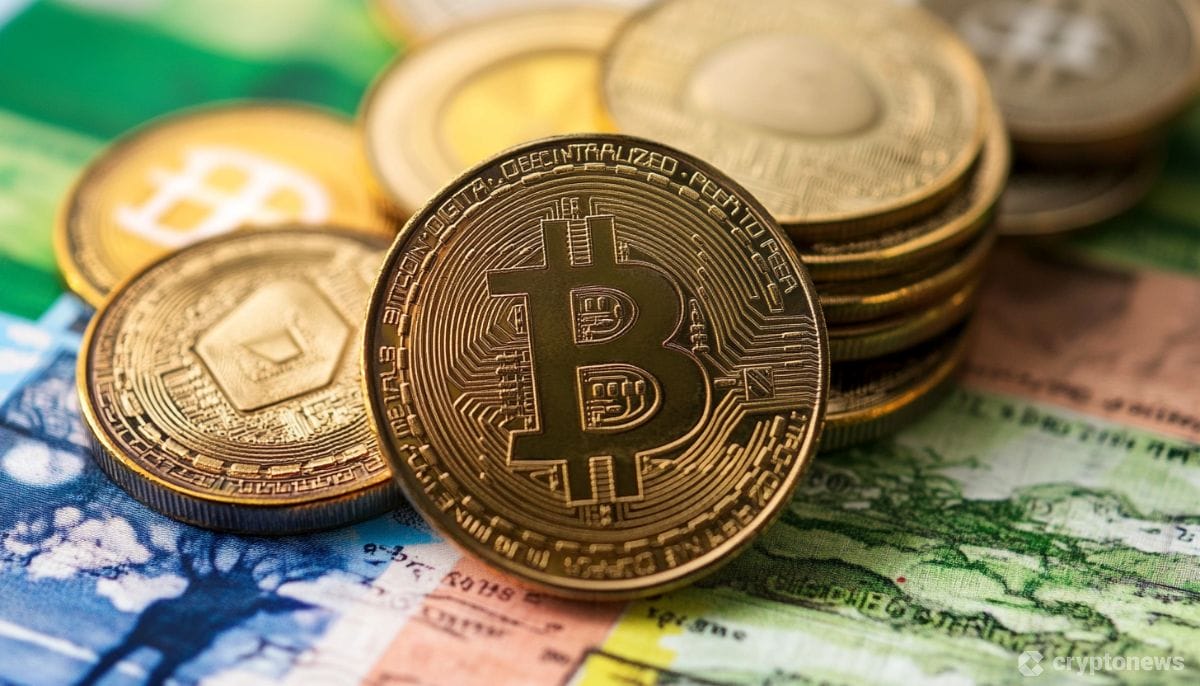Brazil’s Central Bank is actively advancing its digital currency initiative, Drex, by opening applications for companies to participate in the second phase of its digital currency pilot. From October 14 to November 29, firms can submit proposals to contribute to the project and enhance Brazil’s financial system through tokenization. The next phase will expand beyond the initial consortiums, with 13 complex use cases already approved, such as loans backed by custodial assets, carbon credits, agribusiness bonds, and foreign trade transactions. The Central Bank aims to explore advanced technology applications and privacy solutions during this phase.
Tokenization is seen as the future of finance, and Brazil’s move to advance its CBDC initiative amidst global trends is bold. The expansion of the project follows the initial phase where consortia tested the registration of the Brazilian real in a decentralized digital network and explored tokenized federal government bonds. While the challenges of scalable transaction privacy still remain, the Central Bank is keen on adding more participants and exploring the integration of blockchain into traditional financial assets to improve the distribution of investment products.
Despite the potential benefits of blockchain technology, experts caution that it may not be a one-size-fits-all solution. Issues such as disintermediation and governance in distributed systems need to be carefully addressed to mitigate risks. The president of the Brazilian Securities and Exchange Commission emphasized the importance of operating in a regulatory-compliant manner in the crypto industry. It is evident that a balance between innovation and compliance is crucial for the successful implementation of blockchain technology in the financial sector.
Brazil is not only accelerating its CBDC development but also pushing forward with tokenization through an Open Finance platform. As part of a global trend, Brazil is among the countries in the advanced stages of CBDC development, with China’s digital renminbi (e-CNY) leading the way. Brazil’s Open Finance platform aims to create a marketplace that offers various banking and payment options, including CBDCs. This initiative is set to promote competition and innovation in the financial sector, providing users with improved banking and payment services.
In addition to government initiatives, private crypto firms in Brazil are also working to expand digital asset payment options. Ripple recently announced a partnership with Mercado Bitcoin, a leading Brazilian cryptocurrency exchange, to launch cross-border crypto payments. This collaboration will enable businesses in Brazil to conduct faster, more efficient transactions globally, with payment settlements in just minutes. The integration of private sector efforts with government initiatives showcases a collaborative approach towards advancing digital finance in Brazil.
In conclusion, Brazil’s push towards digital finance, including CBDC development and tokenization initiatives, highlights the country’s commitment to embracing modern financial technologies. By opening up opportunities for companies to participate in the CBDC pilot project and exploring advanced use cases, Brazil is positioning itself as a key player in the evolving landscape of digital assets. It is essential for stakeholders, both public and private, to work together towards a common goal of enhancing financial services and promoting innovation in the sector.






























